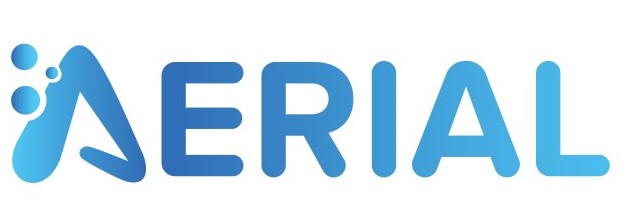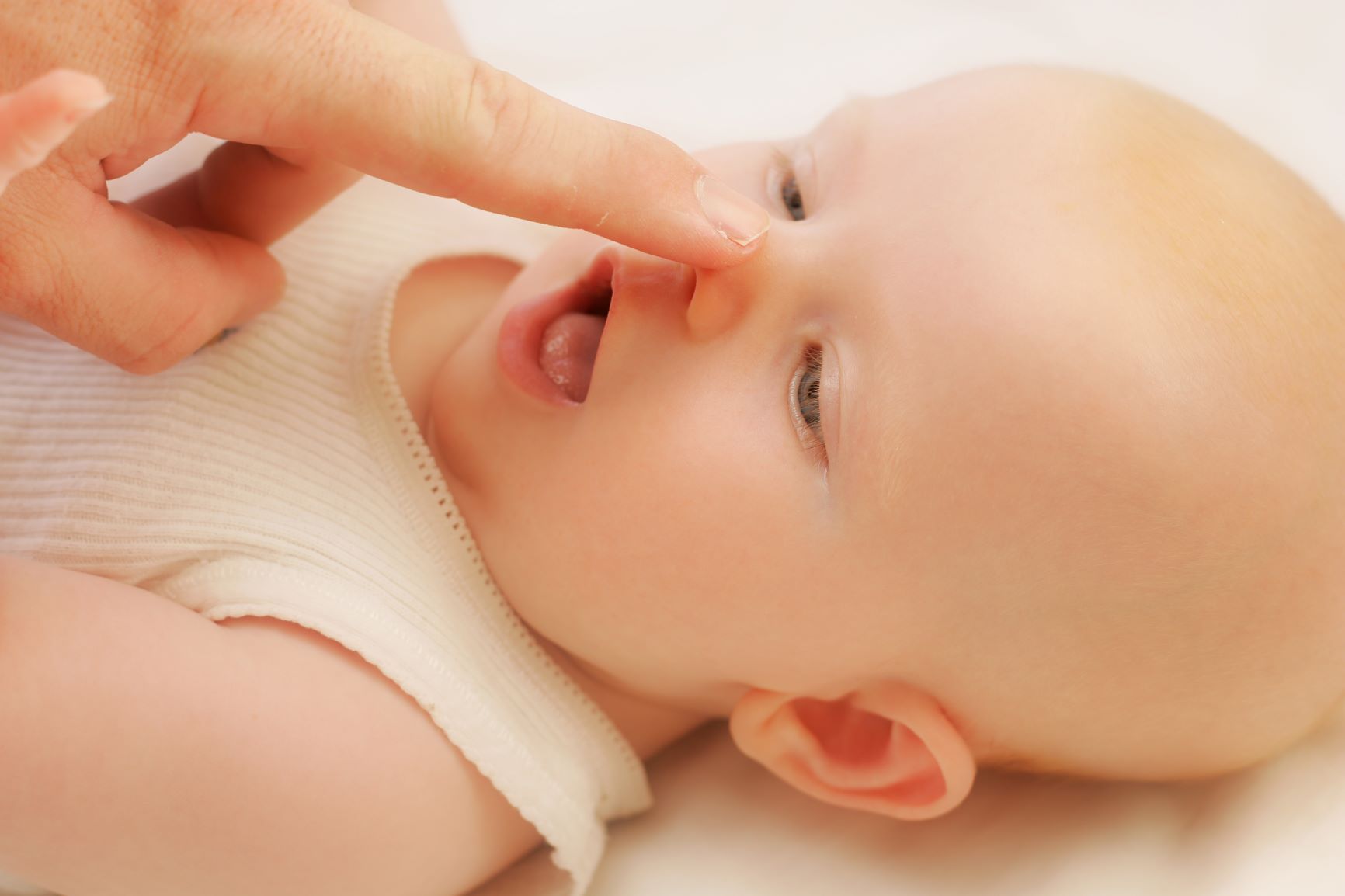
There are many factors that determine whether or not a child will develop childhood lung disease, such as asthma, wheeze and allergy.
The AERIAL research team, as part of the Airway Epithelial Research Group from The Kids Research Institute Australia, has been studying the importance of the cells lining the airways in the nose and lungs, called epithelial cells. These cells act as a barrier to protect our lungs from toxins that we breathe in and work to keep the protective barrier tight, strong and efficient.
Research has shown that in children with asthma, the epithelial cells are different; they do not form a tight strong barrier and respond differently to viral infections. Viral infections in the first few months of life play an important part in the development of early-life lung conditions, such as wheeze.
The team have also identified that genetic factors can similarly influence this barrier’s function.
The AERIAL Study will aim to answer the following questions:
- Are we born with certain airway epithelial gene signature patterns?
- Can exposures during pregnancy leave a fingerprint on the genetic material of the airway epithelial cells?
- How does the type and number of viral infections in first few months of life relate to the gene pattern and profiles identified?
- Are these gene signature patterns associated with the development of wheeze, allergy and asthma later in childhood?
The AERIAL study initially includes 300 ORIGINS families and will specifically look at epithelial cells from the nose at birth.
Participants will be asked to use a non-invasive mobile app (AERIAL TempTracker*) to record their baby’s temperatures and signs associated with viral infections e.g. runny nose, cough. If required, they will be prompted to take a nose swab from their baby to identify the type of virus.
This information will be collected daily for the first year of baby’s life and will be used to establish if there are any links to the gene signature patterns and profiles identified in the baby’s nose epithelial cells.
Investigators
Liz Starcevich
This study is made possible by the generosity of a NHMRC Project Grant from the Australian Government.
For Further Information
- Download the Participant Information Brochure
- Contact: ORIGINSproject@telethonkids.org.au
*AERIAL TempTracker is an app developed for the AERIAL study in conjunction with Curve Tomorrow.

